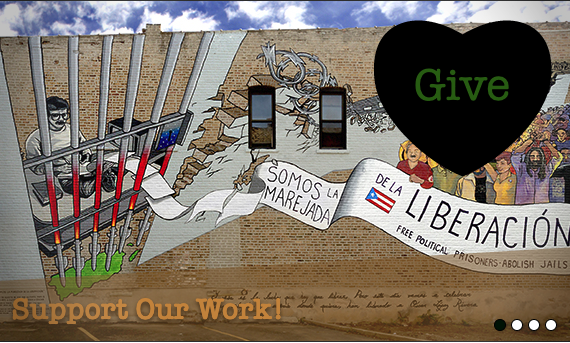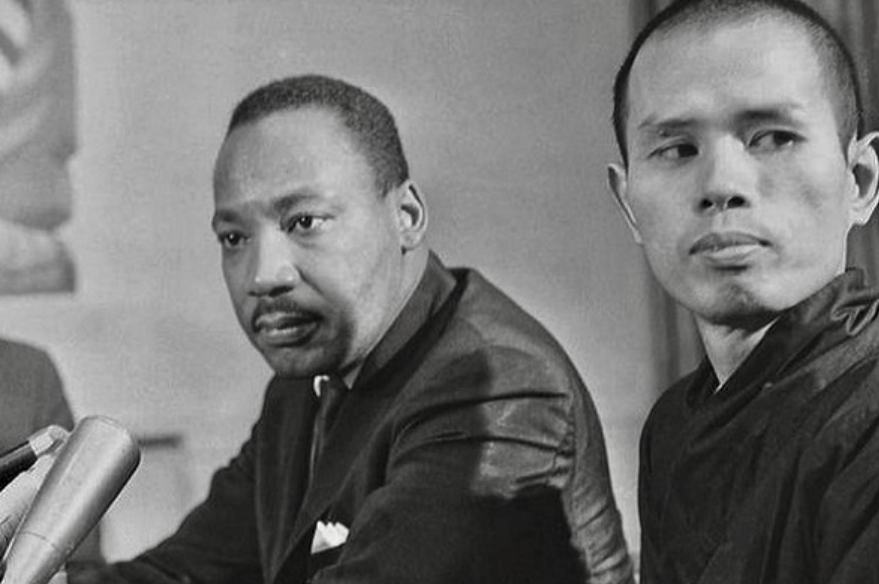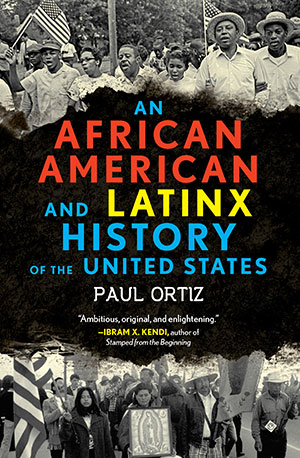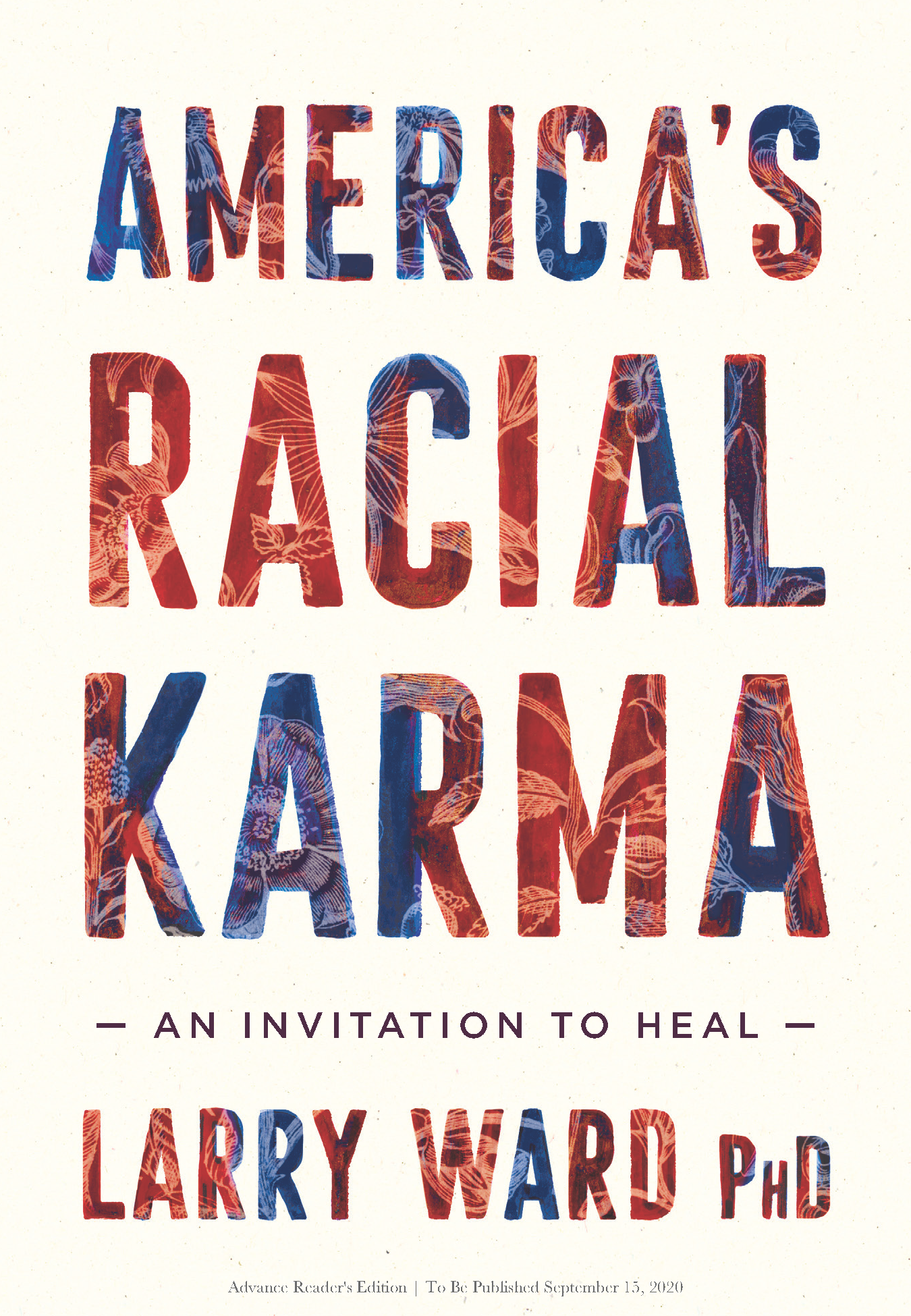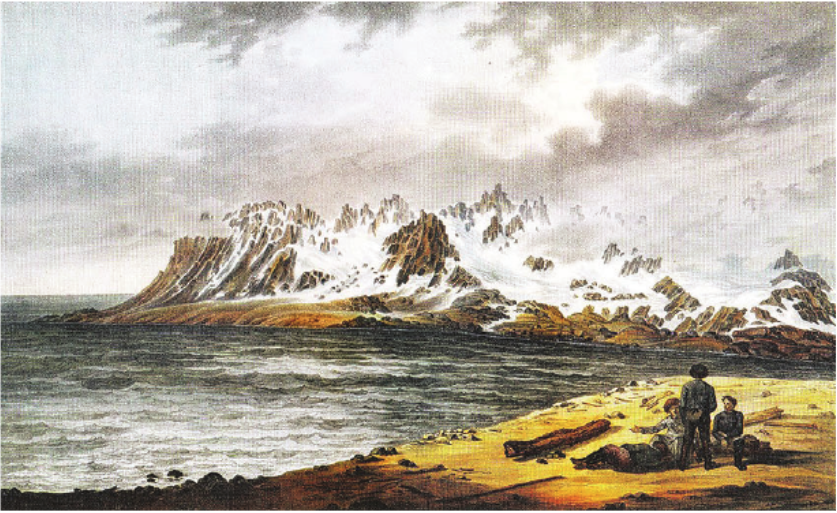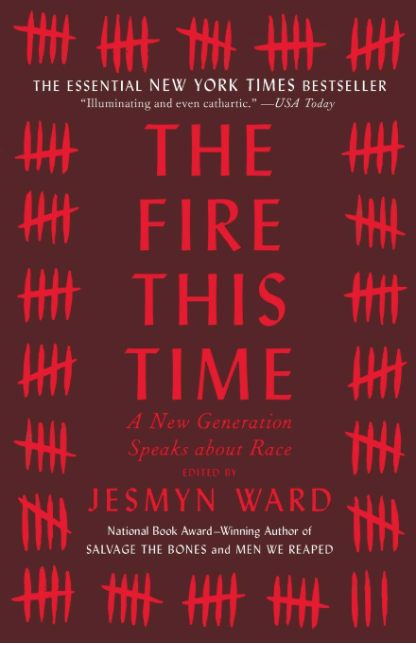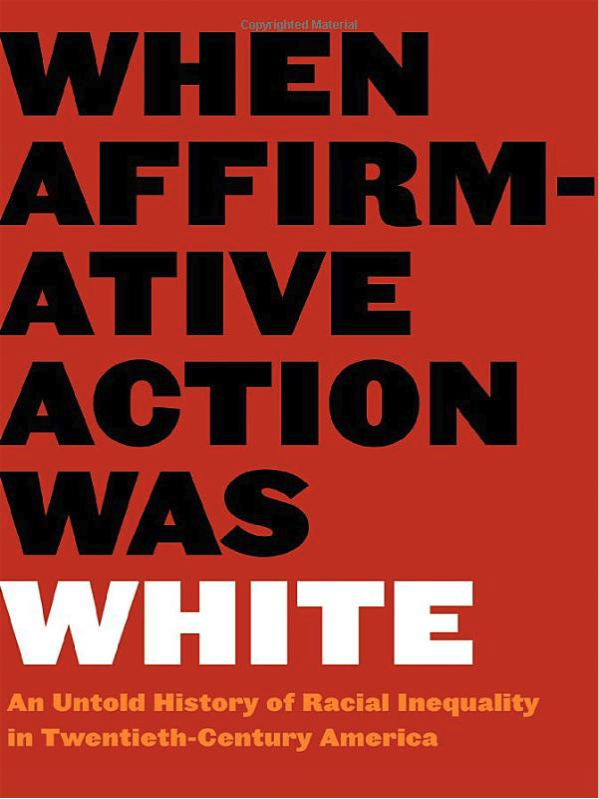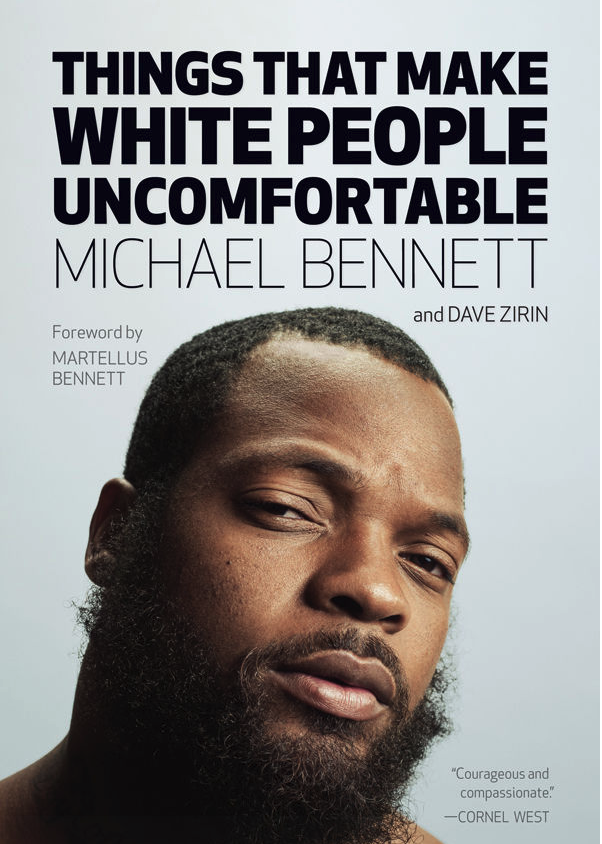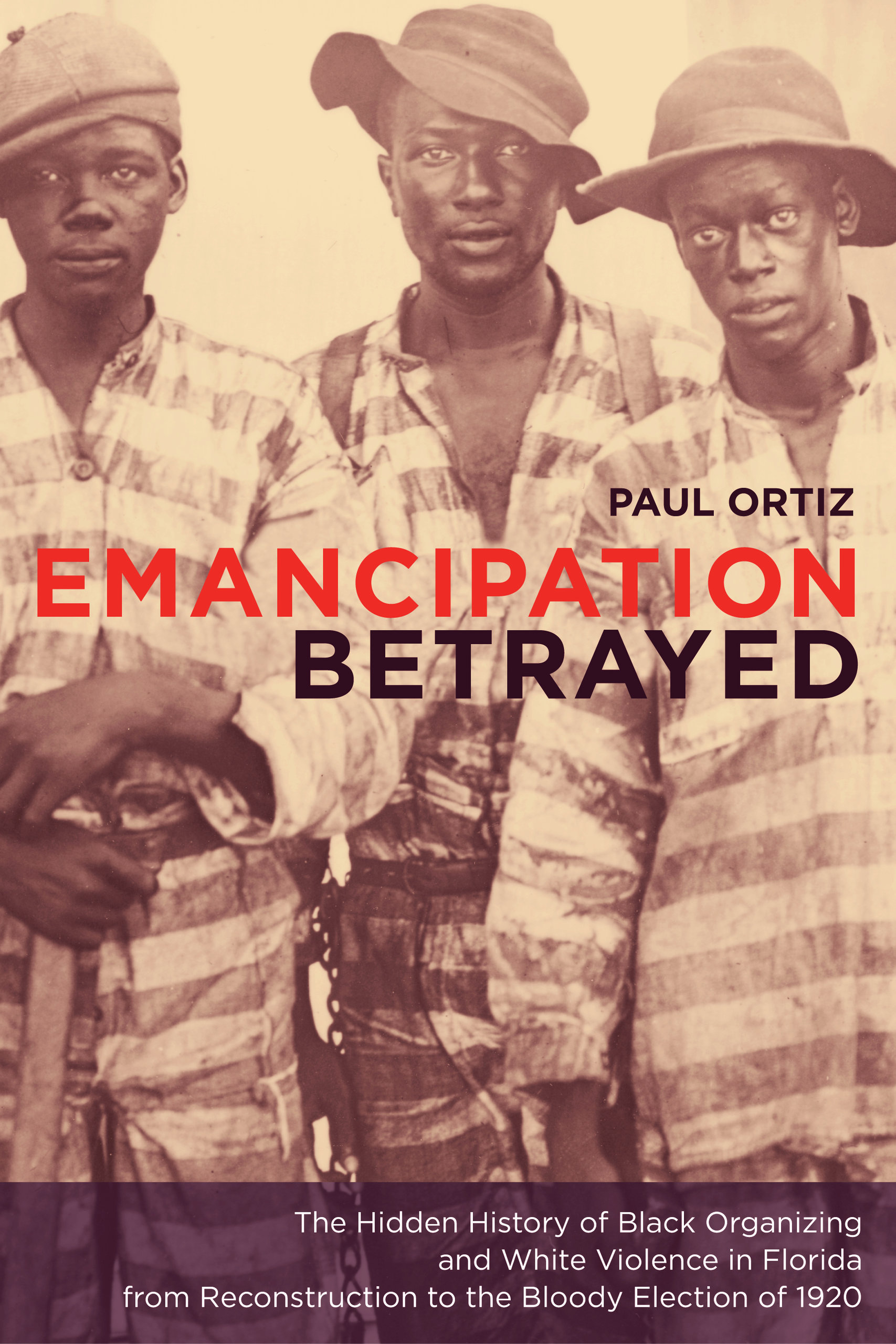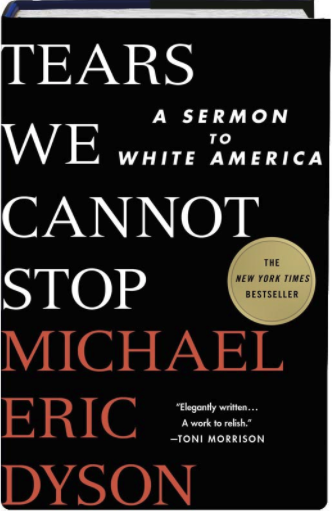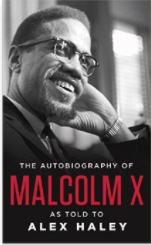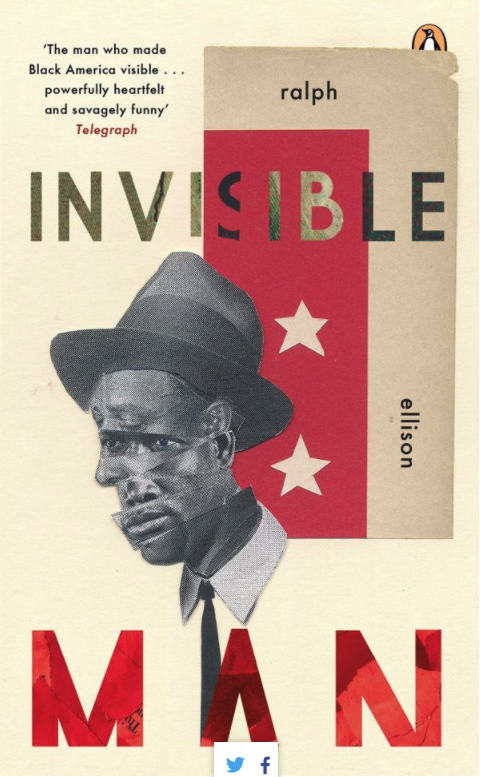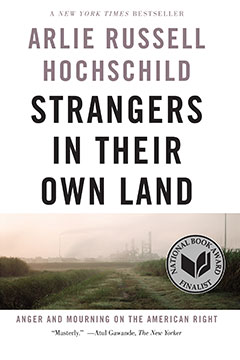Prison Radio
Prison Radio is an independent multimedia production studio. They produce content and seek to distribute these essays and productions throughout the world. They have been very successful over twenty years producing content for radio, television, and films. They are a c non profit organization and a project of the Redwood Justice Fund. In case you are curious, what they are not is a radio station. They work with radio stations and place their content on this and other broadcast venues.



